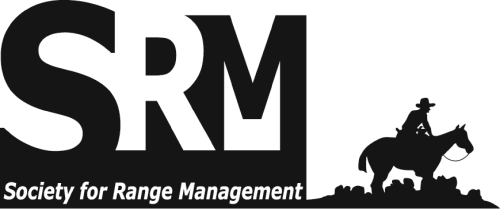Medusahead (Taeniatherum caput-medusae) and cheatgrass (Bromus tectorum) are troublesome exotic annual grasses that negatively affect shrub-steppe and ultimately reduce quality of rangelands for livestock and wildlife. More than 200 million acres of shrub-steppe existed in North America in the 1880s. Presently, 100 million acres remain in the Intermountain West, but over half of these acres are infested with exotic annual grasses. Exotic annual grasses significantly alter ecosystem structure and function; they increase fire frequency and quickly convert shrub-steppe to non-native annual grasslands. It is difficult to re-establish native species once areas become dominated by these annual grasses. However, biological control offers a novel, alternative means of suppressing non-native annual grasses and may provide a new tool in the manager's toolbox. Naturally occurring pseudomonas bacteria have been found that inhibit medusahead and cheatgrass in the field, but do not harm native plants. The bacteria are applied in the fall and inhibit radicle formation, root growth, and tiller initiation of select weeds in the fall and spring. There are no visible signs of pathogenicity or lesions, only stunted roots. In order to be effective, the bacteria must survive in the soil over winter and be present to colonize the root at the root surface during spring.  The inhibitory compounds produced by the bacteria reduce plant cell elongation and are species specific, only inhibiting a target species and no broadleaf plants.  The bacteria reduce the competitive ability of medusahead and cheatgrass, allowing desirable native species to be more competitive. Although the use of weed-suppressive bacteria is still experimental, they provide a novel means to reduce exotic annual grasses and have the potential to significantly increase success in restoring rangelands.

Oral presentation and poster titles, abstracts, and authors from the Society for Range Management (SRM) Annual Meetings and Tradeshows, from 2013 forward.